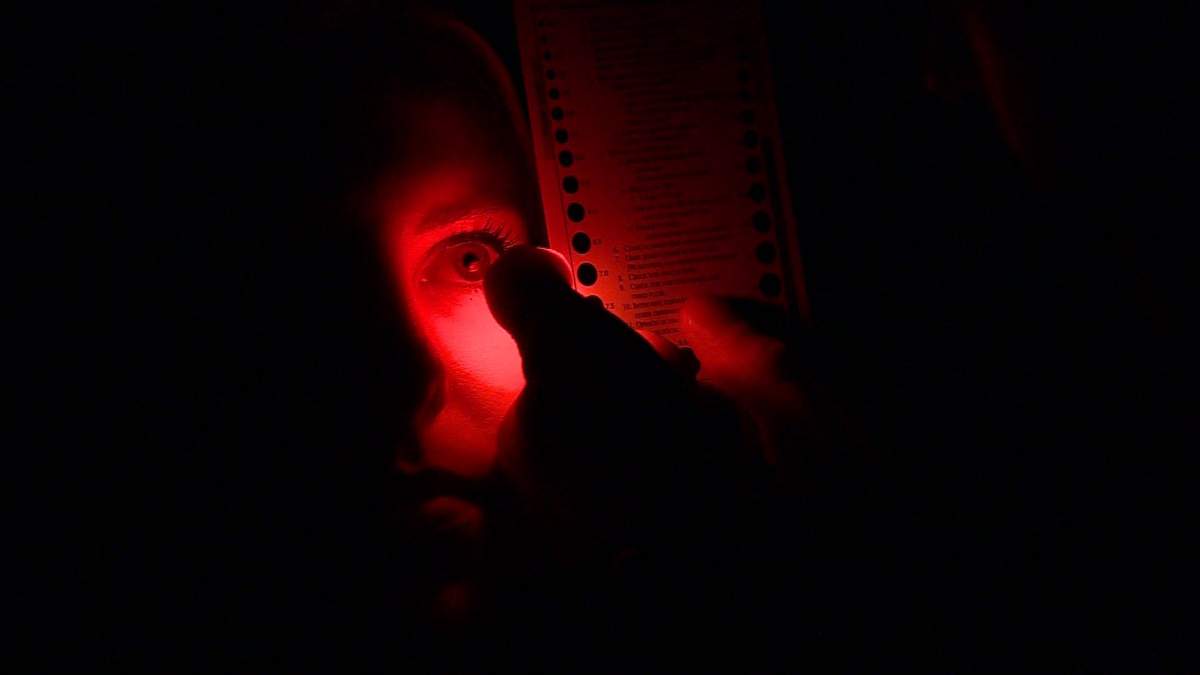More police officers in Nova Scotia are going to be trained as drug recognition experts (DRE), according to the RCMP.

“We’re going into kind of uncharted territory, so we can only kind of look to other places and other jurisdictions where legalization has happened, and there certainly are trends that would suggest that the need for this training is going to increase,” Const. Chad Morrison, the provincial DRE co-ordinator, said.
The RCMP held an event for journalists at their provincial headquarters in Dartmouth on Friday. Using a civilian member, Morrison demonstrated a truncated version of how a drug recognition evaluation is performed.
The evaluation comes after a driver is arrested by police under the belief that the driver is impaired by alcohol or drugs.
READ MORE: NSLC unveils concept of ‘bright, open’ cannabis outlets
The Canadian Centre on Substance Use and Addiction (née the Canadian Centre on Substance Abuse) has recommended having six DREs for every 100,000 people.
That ratio was determined years before access to legal recreational cannabis becomes a reality for Canadians this coming October, Morrison said, so the RCMP are reassessing what’s considered to be an adequate amount.
Currently, there are about 65 DREs active across the province in several different police departments. Morrison said the hope is to add about 20 to 22 more, and there are other courses on the same topic that officers are taking.

Get breaking National news
“I believe, as a province, we are in a good spot,” he said, also noting that there are officers already trained to conduct standardized field sobriety tests.
Oral fluid screening devices will be used in the future by police, Morrison said.
DRE training lasts about three weeks. There are about 80 hours of in-class training, which includes officers testing on impaired volunteers. Passing the course leads to getting certified in Phoenix, Ariz., or Jacksonville, Fla.
“It is challenging. It is a difficult course,” Morrison said.
Drug recognition evaluations, which run about 45 minutes on average, are often performed in police stations, and he said they’ve also been performed in hospitals.
In the demonstration, Morrison asked junior communications officer Alex Noonan what she ate on Friday, checked her pulse, and measured the size of her pupils in several different lighting situations, among other actions in the 12-step program.
This is the guide that is used by the experts. #HalifaxNS pic.twitter.com/QyFxxhbzxB
— Steve Silva (@SteveCSilva) June 29, 2018
He also checked her body temperature, possible injection marks, muscle tone, and her ability to maintain balance while walking a line.
READ MORE: Marijuana to be legal in Canada starting October 17, Trudeau confirms
“I wasn’t impaired for this; I volunteered, but if you were impaired, I think these would have been actually really challenging to complete,” Noonan said post-demonstration.
Generally speaking, drivers impaired by cannabis or alcohol exhibit similar “erratic driving” on the roads, Morrison said.
With a file from Global’s Natasha Pace
- Jill Biden’s ex-husband William Stevenson charged with murder in wife’s death
- Son of Norway’s crown princess denies rape charges as trial begins
- She went missing in Canada in 1985. She may have been a Florida serial murder victim
- RCMP misconduct cases grew in 2024, dismissals increased 5-fold: report










Comments